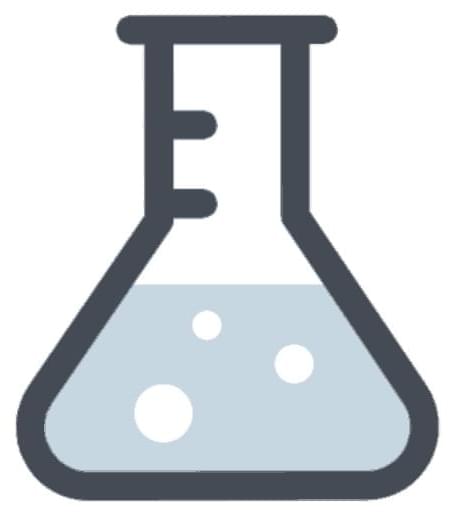Josh Mitteldorf suggests new protocol for experimental young plasma therapy.
Scientists explore concentrated plasma infusions for stronger anti-ageing effects.
01-Feb-2025Key points from article :
Scientists have long observed the remarkable rejuvenation effects of young plasma in ageing rats, but translating these findings into human therapies has been slow due to intellectual property barriers and funding challenges. In the meantime, a niche industry has emerged in Texas, where ageing individuals can receive plasma infusions from young donors for tens of thousands of dollars. However, these treatments, which replace about 35% of a patient’s plasma, fall short of the dramatic regeneration seen in laboratory animals. Researchers suspect that the exosome dosages in these human procedures are too low to match the full rejuvenation potential seen in rats.
To address this, a new approach suggests concentrating young plasma by removing excess water, allowing for higher doses without overloading the circulatory system. Freeze-drying plasma, a long-standing technology, could be adapted to reconstitute plasma at three or more times its normal strength. However, modifications would be necessary—such as removing platelets to avoid clotting risks and adjusting albumin levels for safety.
A key question remains: Can young exosomes permanently reprogram the body’s ageing process, or will ongoing infusions be required? If the body starts producing its own youthful exosomes after treatment, the therapy could be a game-changer. If not, frequent infusions might be necessary, making the procedure less practical. While uncertainty remains, results from animal studies provide hope that young plasma could lead to longer-lasting rejuvenation in humans.
Large doses of young exosomes, delivered intravenously, have been shown to have extraordinary rejuvenation power in rats. We have known this for 5 years, but translation to human trials has been slow, not for technical reasons but because of trade secrets and intellectual property law and the inability to guarantee that he who funds the translation research will profit from the finished product.
